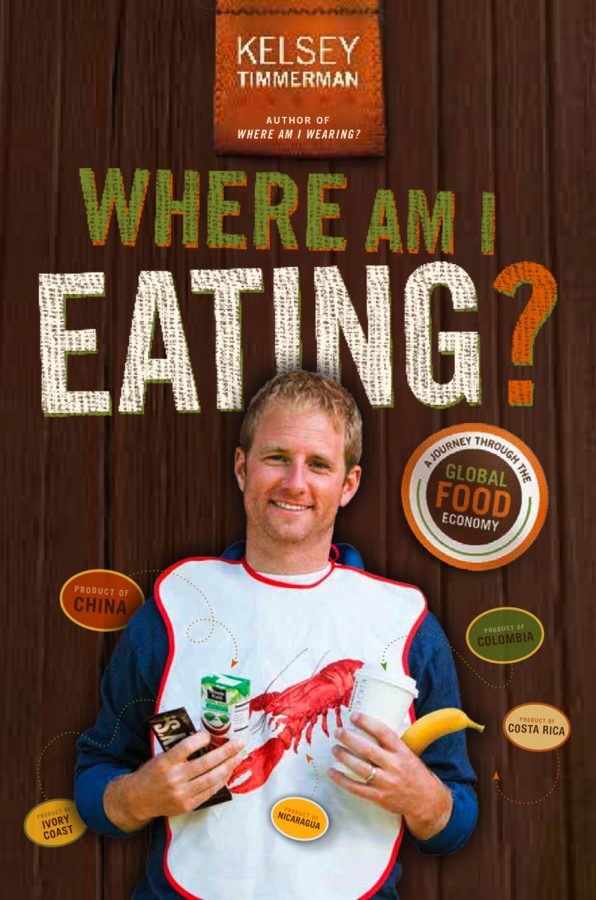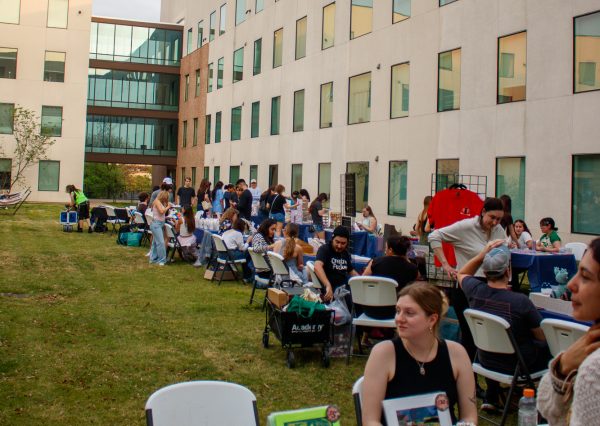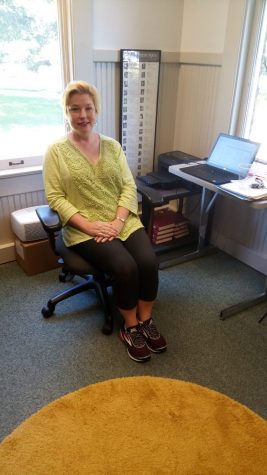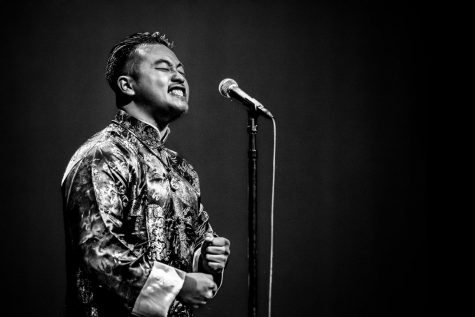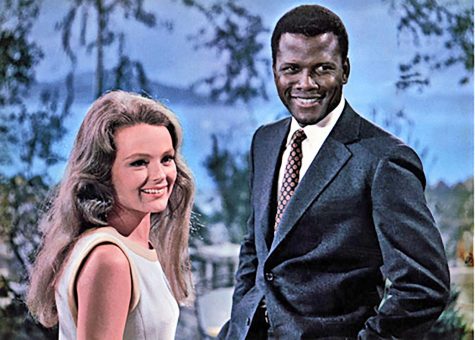Author Kelsey Timmerman urges students to research their food origins
Author Kelsey Timmerman of this year’s freshmen studies text, “Where Am I Eating?” attracted a crowd of faculty, staff and students. Followed by a book signing, the talk covered several discussion topics regarding global food issues.
Among these topics were farm workers’ rights, sustainability, health and nutrition, corporate responsibility, globalization, hunger and modern slavery. Timmerman presented on Oct. 3 in the RCC.
Timmerman spoke of her unorthodox approach to life. As a writer for small publications, Timmerman was sent to different countries to write about his experiences there.
Upon returning from these excursions, Timmerman received little financial compensation for his research. However, after repeating this unprofitable cycle, he would spend his savings on other trips abroad that eventually helped him write his books.
“Where Am I Eating?” chronicles Timmerman’s journeys to Columbia, West Africa, Costa Rica, Nicaragua and China. While in these countries, he learned about where coffee, chocolate, bananas, lobsters and apples originate from, respectively.
Timmerman never expected to meet the people who work tirelessly to make these foods easily accessible in America. One of these people was a man named Solo, whom he met in West Africa.
Solo worked on a chocolate plantation, harvesting cacao beans and preparing them to be shipped away. While this may have seemed like simple farm work, Timmerman soon found out that Solo was a slave in the 21st century.
Solo calls his boss “master” and only eats once a day. He told Timmerman that the donkeys get treated better than him. “At least when they don’t work, they still get fed,” Solo said.
The man said he chose working on the plantation instead of staying at his home in Ghana. In other words, Solo chose slavery over freedom; it was the better option for him.
Timmerman’s experience with Solo taught him that everybody matters. Here in America, we often take the things we have for granted, and food is no exception.
We enjoy plentiful delicious foods, but we rarely stop to think about the people who are treated poorly and paid little to nothing to produce these foods for us.
The speaker also mentioned that these issues are highly complex with no single solution.
As college students, we may feel powerless when it comes to these problems. Many of us can’t afford to buy only Fair Trade goods or locally farmed foods.
But Kelsey Timmerman stressed that we do have power. There are organizations and programs we can take part in, such as foodday.org, which helps students audit the origins of their food.
Even better, we can raise awareness. We can raise awareness for food justice, and for the people who work tirelessly in unimaginable conditions to provide us with our favorite foods. Timmerman wants us to learn one thing, if nothing else: Everybody is important, and everybody matters.


